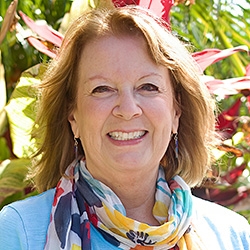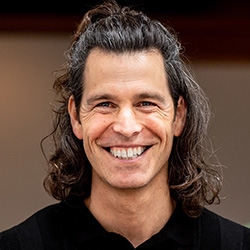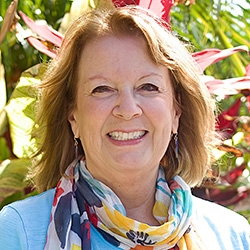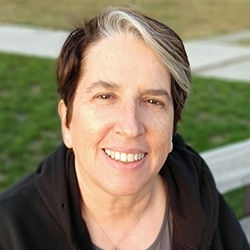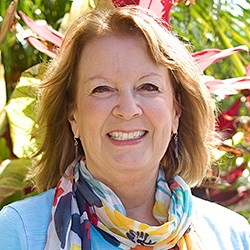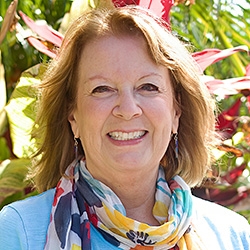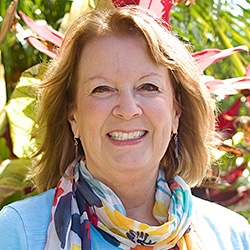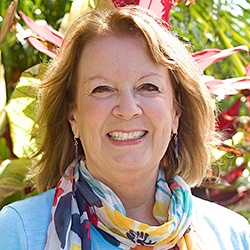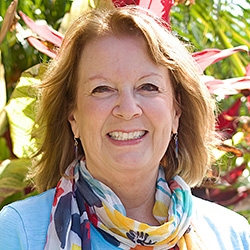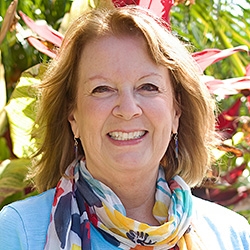

Search Results: feelings
-
Trainer Tip: When have you responded in a way you didn’t want? How could you have handled that situation differently? What would have better met your needs? Try not to judge your behavior, but learn from it. Each time we review our actions, we can learn something, become more adept at new skills, and come closer to our ideal. We can do this with the learning curve of practicing translating people’s words into feelings and needs.
-
- Welcome unpleasant feelings and meet their flow in and around the body
- Discover how you can enjoy Anger as a beautiful life force
- Realize insecurity and depression as a door to the core of your humanity
- Know how to use fear to firmly connect to your life and strength
-
Trainer Tip: Empathy is a process in which we acknowledge and understand others' experience without judging or bringing up our own life experience. It can defuse a violent situation and anger in seconds, plus provide a clarity that catapults someone to a deeper level of understanding. The process is simple; listen for their feelings and needs. It can be healing for them to be deeply understood.
-
Puzzling about needs and feelings? Check out this excerpt from Dian Killian's course, Embracing the Body: Somatic Self Empathy, where she leads participants through an exercise that demonstrates how our physical sensations connect us to our feelings and needs.
-
Trainer Tip: Asking for support may feel awkward and uncomfortable. In these moments, we may forget that everyone needs support. We may also forget that there may be many options available to us, even if what's available isn't our preferred source of support.
-
Trainer tip: When we focus on needs further possibilities are more likely to open up. When we focus on a particular strategy, our world can feel scarce and conflicts can arise. Resolution comes when we value everyone’s needs and seek mutually satisfying solutions. We can ask for support towards this outcome.
-
Trainer Tip: Today, when you tell yourself that you "have to" or "should" do something, notice what you feel and experience - is it a sense of duty, obligation, guilt, shame, overwhelm, constriction, heaviness? Then consider the underlying needs you are trying to meet with the activity. This can shift the purpose and intention with an energy that motivates our actions can bring empowerment and joy to our lives.
-
Trainer Tip: Only after we connect to our unmet need can we make sound decisions that will transform our experience. For example, if you feel bored, connect to your unmet needs (eg. need for understanding the relevance, etc) and then look for strategies that will meet them (eg. ask the speaker how this topic relates to our lives).
-
Trainer tip: It's often easy for us to hear rejection when someone says “no” to us. If we focus on the rejection, we may feel hurt and fail to take the time to understand what is going on with them. However, if we focus on their feelings and needs, we're more likely to uncover what they want and what prevents them. To increase success in resolving conflicts and find solutions that work for everyone, hear the “yes” behind their "no".
-
Where do you feel desperation, resentment, anger about your partner's choices? What do you want to demand of them? Rather than looking for what they're suppose to do, look for your feelings and needs, how would you would respond if you trusted your needs could be met without your partner, and what you choose to do given what your partner offers and does not offer.
-
Some of my core beliefs make experiencing gratitude difficult . For example, it’s difficult to celebrate others or myself when I think I have to prove my worth in order to be accepted. So much energy goes into proving myself, there’s little left for celebration.
-
Trainer tip: People often presume why something happened before checking with the other person. Instead, if we were to name the facts of what happened through observation without adding in our own judgments or reasons why we think it happened, we can more easily open the possibility for deeper connection with the other person. Read on for more on making observations.
-
- Celebrate and nurture your relationship to the Earth — and each other!
- Explore your connections to family, partner, work, nature, self and more
- Discover new ways to grow in community and work together to make this world a better place
- Engage and immerse yourself in NVC while making new friends!
-
Dear friends, It’s quickly moving into Fall here in the northern part of the world. The leaves are turning, there’s a crispness to the air especially in the morning and evenings, and there’s a certain earthy scent that emanates from the park across the street from our house.
-
How do we live each and every day from the “living energy of needs” – with the unimpeded fullness of life’s energies flowing through us, regardless of the conflicts or life circumstances we may be experiencing? Through developing deep self-compassion. How can we experience our inner world from a place of utter and total compassion? When we practice compassionate self-care, we create an inner spaciousness that allows our life’s energies to flow. In that spaciousness both healing and inner transformation occurs. Robert’s work explores the interweaving of two co-intentions—to live life from the fullness of the “beauty of needs” and to approach every experience with deep compassion.
-
The Compass – Arnina Kashtan's in-depth transformational process – is specifically designed to support you in reliably deepening your understanding of your own and others' conditioning, and finding ways to reclaim your full connection with yourself.
-
The Compass – Arnina Kashtan's in-depth transformational process – is specifically designed to support you in reliably deepening your understanding of your own and others' conditioning, and finding ways to reclaim your full connection with yourself.
-
Enjoy listening in as Arnina assists participants in fine tuning what they wish for their futures, and what practices they intend to embrace as the course winds down. She also offers strategies for what they can do if they forget their intended practice, and revisits the importance of untangling Needs from Core Belief.
-
Listen as Miki works with participants. Topics: how small requests serve interdependence; NVC process vs purpose; how to respond when empathy is used to create distance; coping with verbal aggression, and more!
-
Empathy creates space for healing and clarity, transforming how care and understanding unfold.

Quick Links
Subscription Preferences
Stay In Touch!
Looking for ways to keep up with NVC Academy news, get special offers, free resources, or words of inspiration? Here are five ways to stay engaged:

